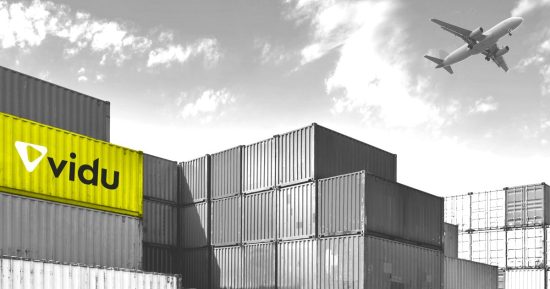AI and machine learning are transforming the logistics industry by enhancing efficiency, reducing costs, and optimising supply chain operations.
Through predictive analytics, AI can forecast demand, streamline inventory management, and optimise routing for shipments, reducing delays and fuel consumption. Machine learning algorithms enable real-time decision-making, improving warehouse automation, and enhancing customer service through chatbots and personalised solutions. These technologies are not only making logistics faster and more reliable but are also paving the way for a more sustainable and resilient global supply chain.
- Predictive Analytics and Demand Forecasting
One of the most significant applications of AI in logistics is predictive analytics. By analysing historical data and external factors such as market trends and weather patterns, AI can accurately forecast demand. This enables companies to optimise inventory levels, reducing both overstock and stockouts. Predictive analytics also improves decision-making in procurement and production, ensuring that resources are allocated efficiently.
- Supply Chain Optimisation
AI-driven tools can optimise various aspects of the supply chain, from route planning to inventory management. For instance, machine learning algorithms can analyse traffic patterns, weather conditions, and delivery windows to determine the most efficient routes for shipments. This not only reduces delivery times but also minimises fuel consumption and transportation costs. Additionally, AI can help in identifying bottlenecks in the supply chain, allowing for proactive measures to mitigate disruptions.
- Warehouse Automation
Warehouse operations are becoming increasingly automated thanks to AI and machine learning. Robots equipped with AI can handle tasks such as picking, packing, and sorting with greater speed and accuracy than human workers. Machine learning algorithms also enable these robots to learn and adapt to new tasks, making them more versatile and efficient. Furthermore, AI-powered warehouse management systems (WMS) can optimise storage space, track inventory in real-time, and streamline order fulfilment processes.
- Enhanced Customer Service
AI is revolutionising customer service in logistics by providing personalised and efficient solutions. Chatbots powered by AI can handle customer inquiries 24/7, providing instant responses to common questions and resolving issues quickly. Machine learning algorithms can also analyse customer data to offer personalised recommendations and solutions, improving customer satisfaction and loyalty.
- Sustainability and Resilience
AI and machine learning are playing a crucial role in making logistics more sustainable and resilient. By optimising routes and reducing fuel consumption, AI helps in lowering the carbon footprint of transportation. Additionally, AI-driven predictive maintenance can extend the lifespan of logistics equipment, reducing waste and minimising the need for replacements. Machine learning algorithms can also help companies anticipate and respond to disruptions, such as natural disasters or supply chain interruptions, ensuring that operations remain resilient.
The integration of AI and machine learning into global logistics is driving significant improvements in efficiency, cost-effectiveness, and sustainability.
As these technologies continue to evolve, their impact on the logistics industry will only grow, enabling companies to navigate the complexities of global trade with greater agility and precision.
The future of logistics lies in the intelligent application of AI, making supply chains more dynamic, responsive, and sustainable, and organisations are looking for skilled workers to implement, oversee and manage these new innovative systems.
More articles



